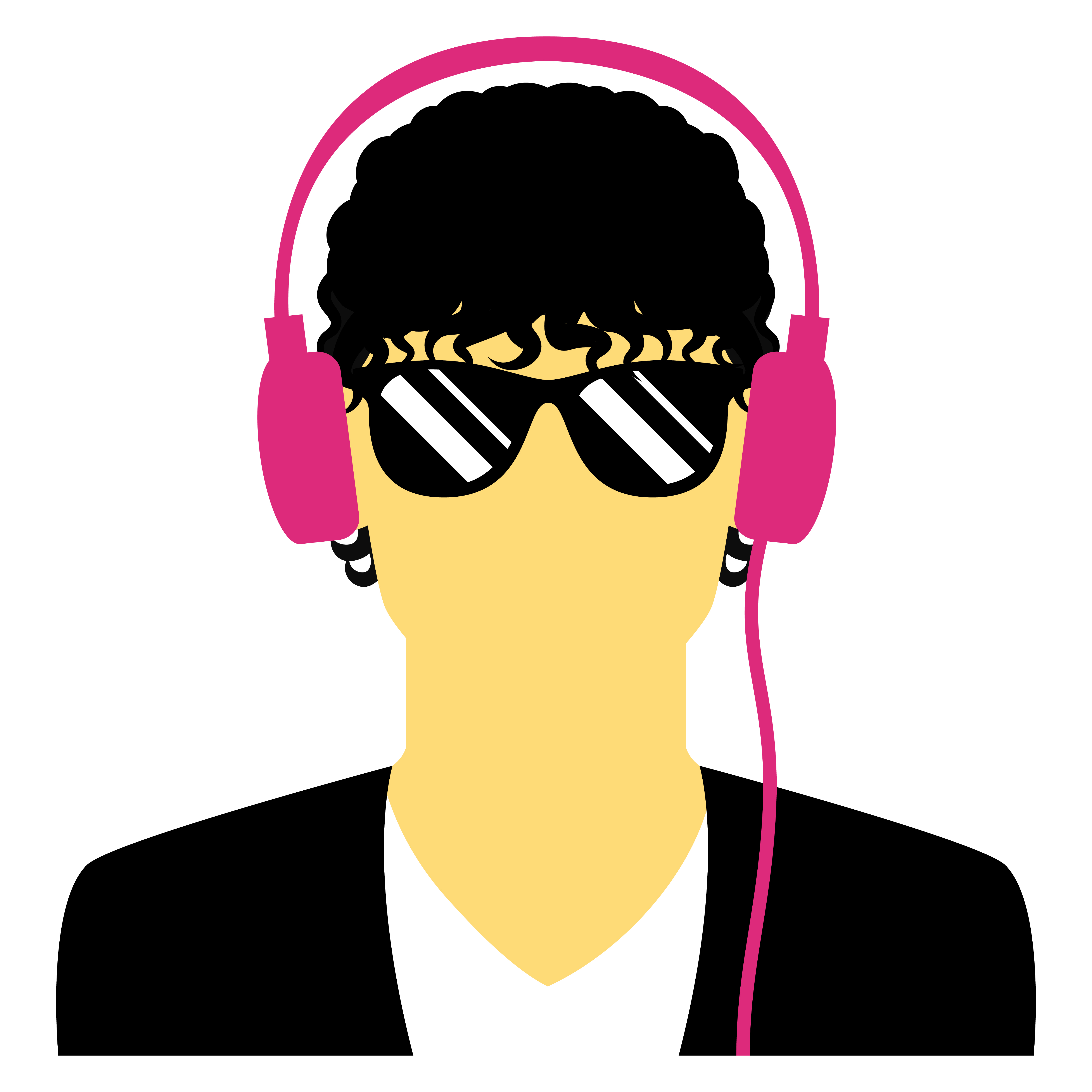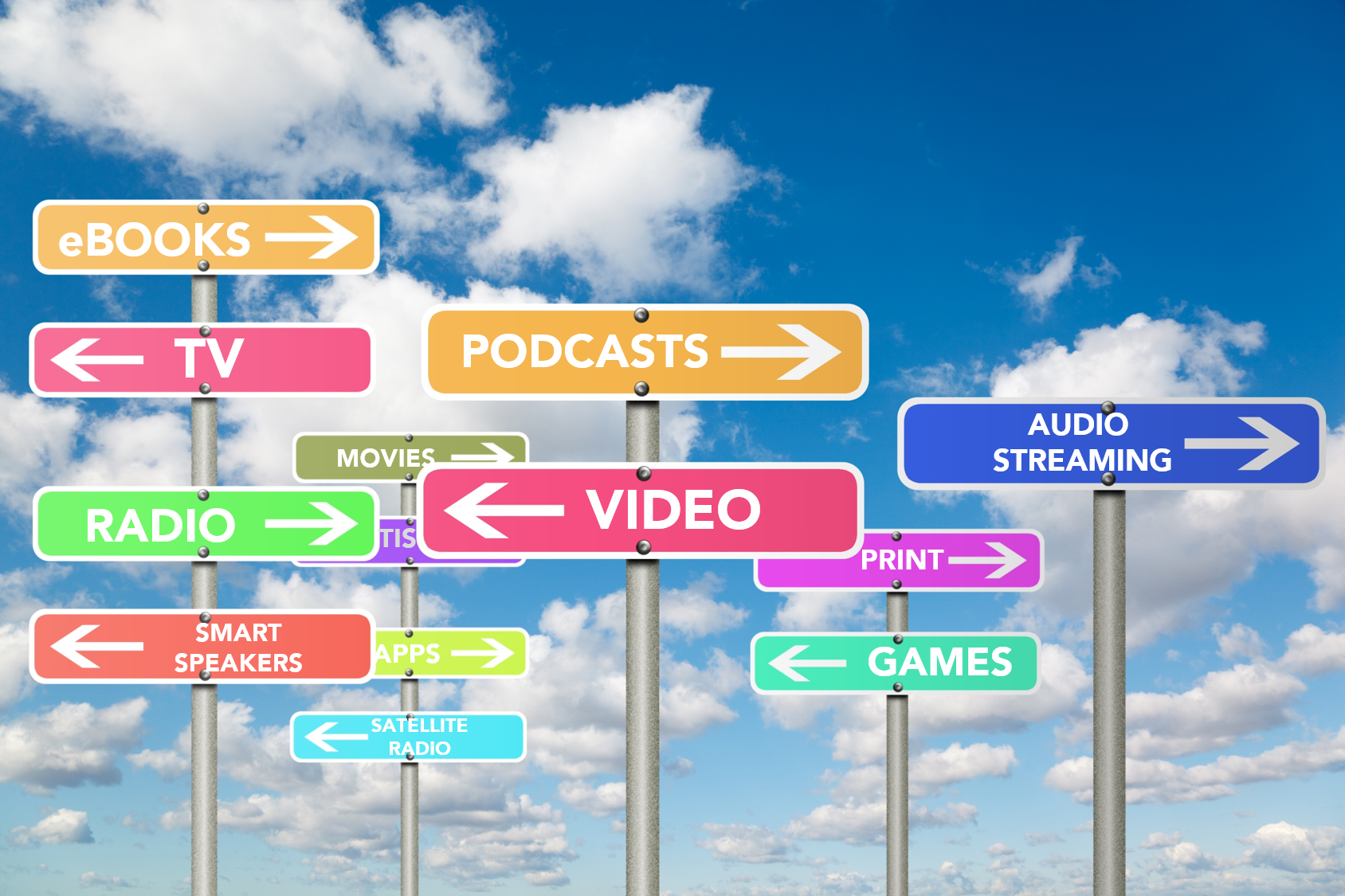
Seth Resler is truly a podcasting junkie. He creates and produces podcasts. He coaches numerous companies and personalities about podcasting. He listens to podcasts – a lot. He was the driving force behind our “Broadcasters Meet Podcasters” track at Podcast Movement. In short, Seth eats, sleeps, and dreams podcasting.
And these past several weeks as record podcasting acquisitions and partnerships have started popping up, Seth has been devoting great thought to analyze what’s happening in the space. Millions and millions of dollars are being spent and invested in podcasting, and the big boys are now heavily investing in on-demand audio.
analyze what’s happening in the space. Millions and millions of dollars are being spent and invested in podcasting, and the big boys are now heavily investing in on-demand audio.
So, what does it all mean, and what impact might it have on radio?
Those are the questions Seth is tackling in today’s guest post. – FJ
Seven years ago, in an interview with Mark Ramsey, filmmaker Kevin Smith described the first time he heard about podcasts:
“It was in reference to the Ricky Gervais show. So I thought, wait, they’ll let you record your own radio show? I had always been a huge radio fan going back to growing up in Jersey; I loved listening to Howard Stern. Howard would hate to hear this, but I also loved listening to Imus In The Morning with my grandmother.
So being a fan of radio, and particularly frank and candid radio, years later somebody’s telling me that there is technology to actually record your own version of a radio show. Somebody described it best as being like a commentary track without a movie. I was like, I can do those!”
Not surprisingly, Kevin isn’t the only celebrity who indulged fantasies about being a radio DJ. Lately, it seems like every celebrity has a podcast: Alec Baldwin, Joe Rogan, Anna Farris, Amy Schumer, Dax Sheppard, Russell Brand. Shaq, Kevin Pollack, Macauley Culkin, Paula Deen, David Tenant, Snooki, and so on. Suddenly, everybody thinks they can do what Terry Gross and Bobby Bones have been doing for years.
Pandora Stories’ Sorta DJs
![]() It’s not just podcasts that are offering celebrities the opportunity to play the role of a radio DJ. This week, Pandora announced the launch of a new feature: “Pandora Stories.” It enables artists to build playlists that combine voice tracks with their songs. This allows them to offer commentary on or insight into their music, a role that has traditionally belonged to DJs.
It’s not just podcasts that are offering celebrities the opportunity to play the role of a radio DJ. This week, Pandora announced the launch of a new feature: “Pandora Stories.” It enables artists to build playlists that combine voice tracks with their songs. This allows them to offer commentary on or insight into their music, a role that has traditionally belonged to DJs.
For a long time, the radio industry has touted its personalities as a key advantage over streaming services. This move appears to be a direct attack on that advantage. What happens when streaming services have DJs, and they are Miley Cyrus, Brandon Flowers, and Kendrick Lamar?
Some celebrities, of course, make better on-air personalities than others. Podcasting is a natural evolution for Conan O’Brien and Maria Shriver because they’ve been deftly interviewing people on television for years. But it’s a bigger leap for an actor or musician or author.
Sometimes, they surprise you.
The low-key demeanors of bestselling author Malcom Gladwell and former United States Attorney Preet Bharara provide unexpectedly compelling listening experiences. But in other cases, we’re seeing interesting experiments in the medium that may or may not pan out. Will Ferrell was a huge hit playing the character Ron Burgundy in the hilarious “Anchorman” movies. With only a handful of episodes released so far, the jury’s still out on whether or not the character can make a successful transition to podcasts.
However, I challenge any celebrity, no matter how skilled they are in their core discipline, to do this:
#OhWoWednesday #PhilCollns #notdeadyettour @WCBSFM #radio #djs @Radiodotcom pic.twitter.com/XHMjsjTFeS
— Broadway Bill Lee (@BroadwayBillLee) October 10, 2018
He rhymes, he does an accent, he plugs the show, and he nails the post. Full disclosure: I could watch hours of Bill Lee breaks. Amazing!
Of course, frontselling and backselling songs is not the same as hosting a podcast, but there are a lot of skills that transfer from one medium to the other. Yet we’re increasingly facing a question of whether or not those skills actually matter. There’s an analogy here to the world of stand-up comedy, where many club owners now wrestle with the question of whether or not to book a new breed of reality TV stars and social media sensations who have large online followings, but don’t have the chops to perform a killer set onstage.
This presents a conundrum: A comedian who has spent years honing his or her act may deliver a much better performance for the audience, but if they don’t have enough name recognition to sell tickets and put butts in seats, does it matter? On the other hand, does a club owner do long-term damage to their brand by booking acts that don’t have the goods, ultimately leaving audiences with bad tastes in their mouths?
Many celebrities have the juice to provide an initial burst of podcast downloads based on their name recognition alone. But do they have the ability to create sustainable content that listeners will come back for over and over again, especially in a medium that has over 600,000 shows? And if these celebrities demand a fat paycheck to get involved in such a project, is their celebrity alone worth the expense?
Spotify’s Bet on Talent…and Complete Lack of Talent
 It was big news a couple of weeks ago when Spotify spent hundreds of millions of dollars acquiring both Gimlet and Anchor. The significance of this purchase has been analyzed ad nauseam in podcasting circles, but the thing that stood out to me was the how odd the pairing of these two purchases is when you look through the lens of skilled content creation.
It was big news a couple of weeks ago when Spotify spent hundreds of millions of dollars acquiring both Gimlet and Anchor. The significance of this purchase has been analyzed ad nauseam in podcasting circles, but the thing that stood out to me was the how odd the pairing of these two purchases is when you look through the lens of skilled content creation.
Alex Blumberg’s Gimlet Media produces gold-standard podcasts like StartUp, Crimetown, Homecoming, and Reply All. And the quality of these audio masterpieces is only possible because he honed his craft working on iconic public radio shows like This American Life and Planet Money. Blumberg and his team are damn good at what they do.
Anchor is the opposite; it empowers people with no audio producing skills to publish podcasts. Anchor is a technology company that specializes in making it incredibly easy for anybody off the street to create a podcast. The quality of the shows hosted on Anchor is largely what you would expect when you enable anybody off the street to create audio content.
That’s not a criticism of the technology; it does exactly what it’s designed to do, and I suspect Spotify purchased the company for its technology, not the content. What’s striking, however, is the radically different approach these two companies take to podcasting; it’s like Spotify bought a couple of Teslas, along with a Kia factory on the same day. What does it mean?
The Peak Content Problem
When I attended CES in Las Vegas last month, I heard a phrase that was new to me: “The Peak Content Problem.” Those of us of a certain age remember that in a world of media scarcity – three television networks and a handful of radio stations on the dial – quality almost always wins out. In that old paradigm, having the skills to produce quality content mattered a great deal.

But, we now live in an over-saturated media world. I can’t possibly consume all the content that I might enjoy. When I log into Netflix tonight, I’m bombarded with choices that I’ve never heard of. I can’t read all the blogs in my RSS reader, or listen to all the podcasts that I’ve subscribed to, or watch all the videos in my YouTube feed. There’s simply too much stuff out there.
We’ve reached “peak content.”
What does this mean for the relationship between celebrity and skills? Which is more important now: name recognition or the ability to produce quality content? How do those two concepts relate to each other?
In short, in a world that’s overcrowded with content option, does cream still rise to the top the way it used to?
And finally, here’s a postscript:
There may be some hope for radio DJs yet. A newly released study by Stacker, based on data from Payscale and the Bureau of Labor Statistics lists the 50 worst jobs in America, based on a host of statistics making up a “misery index.” Readers of this blog know Fred has written about the fact that radio DJs always seem to end up on these pathetic click-bait lists.
In the 2019 report, there are supermarket cashiers, rental car company attendants, bartenders, short order cooks, and desktop publishers all over this ignominious ranker.
Radio DJ’s, however, are nowhere to be seen. Perhaps this year, their skills and talents are more greatly appreciated and valued by the working world.
Maybe this won’t be such a bad year after all.
- A Simple Digital Treat to Thank Your Radio Listeners This Thanksgiving - November 13, 2023
- Interview Questions When Hiring Your Radio Station’s Next Digital Marketing Manager - November 6, 2023
- A Radio Conversation with ChatGPT: Part 2 – Promotions - October 30, 2023




“Radio DJ’s, however, are nowhere to be seen. Perhaps this year, their skills and talents are more greatly appreciated and valued by the working world.”
Nice words except that Fred and his gatekeepers sometimes decide that some people will never get full time jobs in radio ever again. Even people Fred has never met. He and his cohorts listen to gossip, rumor and innuendo without actually doing their homework.
In my 30+ years on air and in programming in NYC, Chicago and London, Jacobs has yet to respond to any of my emails or phone calls for jobs the consultancy has posted. That is not a coincidence.
Must be nice to play with people’s lives and careers for your own sick amusement.
Vinny, I appreciate you writing, and I’m sorry if in any way I – or anyone in my company – offended you. We make it a point to try to respond to all job applicants and inquiries we receive.
Not to me in more than 30 years, Fred. That can’t be a coincidence.